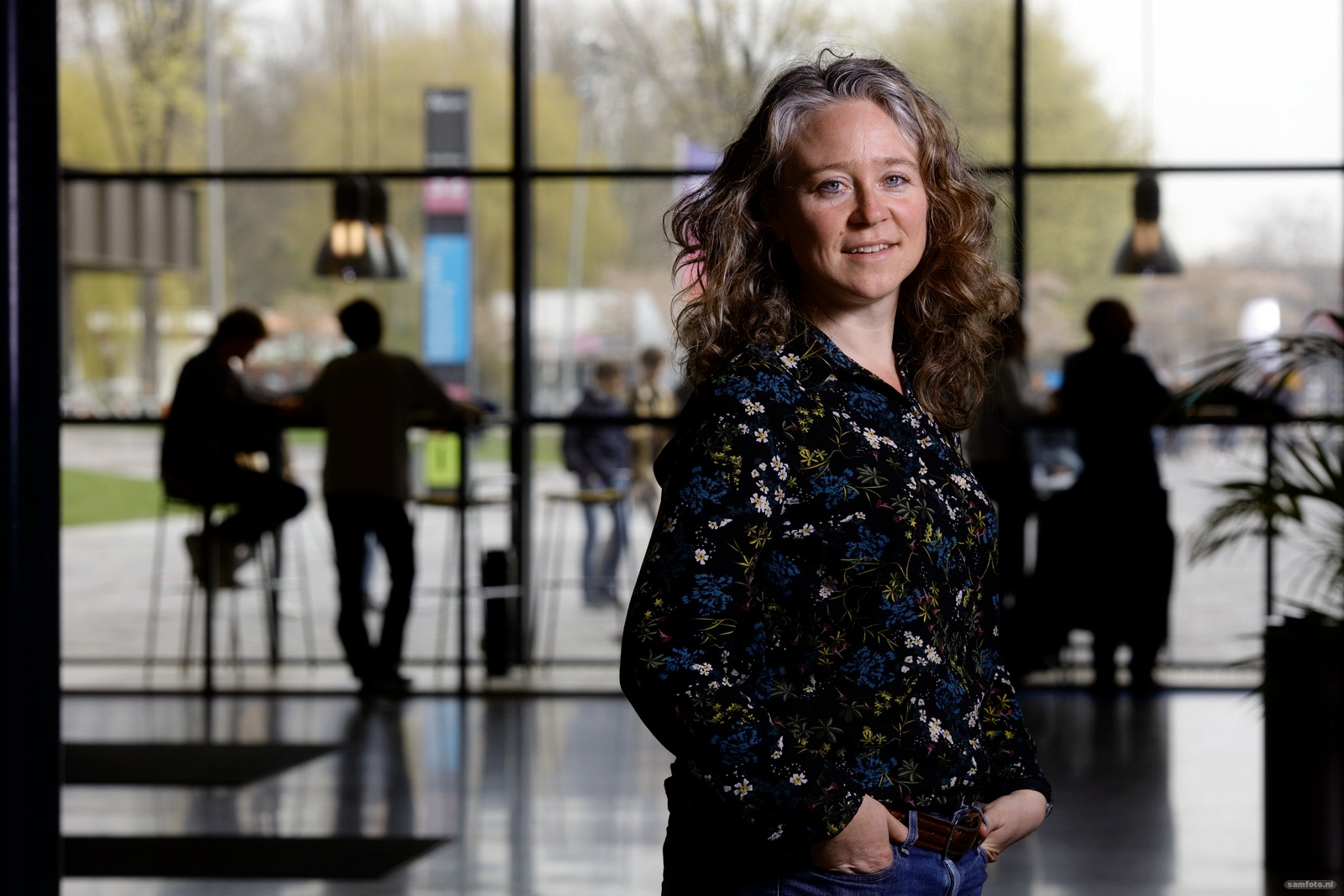What criteria determine what Delta publishes every day? This will be the subject of regular articles by editor-in-chief, Saskia Bonger.
(Photo: Sam Rentmeester)
Transparency is essential in academic circles. How can you hone your ideas, build a case and express your ideas if you do not have the facts? As TU Delft’s independent journalism platform, we strive to contribute to the facts. To quote our editorial statutes, our mandate is to share ‘unbiased and objective information about research and education, as well as about events and developments in and around TU Delft’. We carry out this mandate in the conviction that it benefits TU Delft.
How do we do this? Our Statutes, which were agreed with the TU Delft Board, state that we work in accordance with the journalistic principles of ‘free news gathering, verification of sources and facts, and of listening to both sides’. In doing so, the Statutes continue, we can count on the ‘open cooperation of the management of the institute, the faculties, employee representative bodies and University services’.
Closed doors
That this is only the starting point and that practice is less predictable, speaks for itself. Delta operates independently, but is expected to act in TU Delft’s interest. The question is then, what is that interest? This is a topic of discussion, and sometimes of irritation, for the university’s management and, admittedly, for us too. Because no, there is not much ‘open cooperation’ if we want to report on real estate development on campus, to give just one example.
We believe that the plans for TU Delft property are relevant for staff and students, but policies and discussions between the Works Council and the Executive Board remain behind closed doors. There may be good reason for this, but to my mind, these reservations could be met differently. Read: less closed. I will undoubtedly write more about this at a later stage.
Moving along
I cannot say much about irritation among the management. That is not up to me. We do, however, move along with cultural changes within TU Delft, where care is taken about plans and draft policies and in which interviewees want to make sure that they are quoted correctly. Consultation, checking and viewing of articles before publishing often helps put their minds at rest.
Asking for transparency, in fact, longing for it as we do, is one thing. Being transparent oneself is another. Delta’s editorial team could do better too. The hectic days, tight deadlines and pressure push transparency into the background. I am writing this editorial because I want to change this. Why do we write about research X and not about research Y? What issues do we come across if we try to reach our target group of staff and students? How does an article come about? These are just a couple of examples that can feed the discussion with you, our readers. We very much invite your feedback so that we ourselves can keep honing our ideas.
Please contact me at my email address below.
Do you have a question or comment about this article?
s.m.bonger@tudelft.nl


Comments are closed.